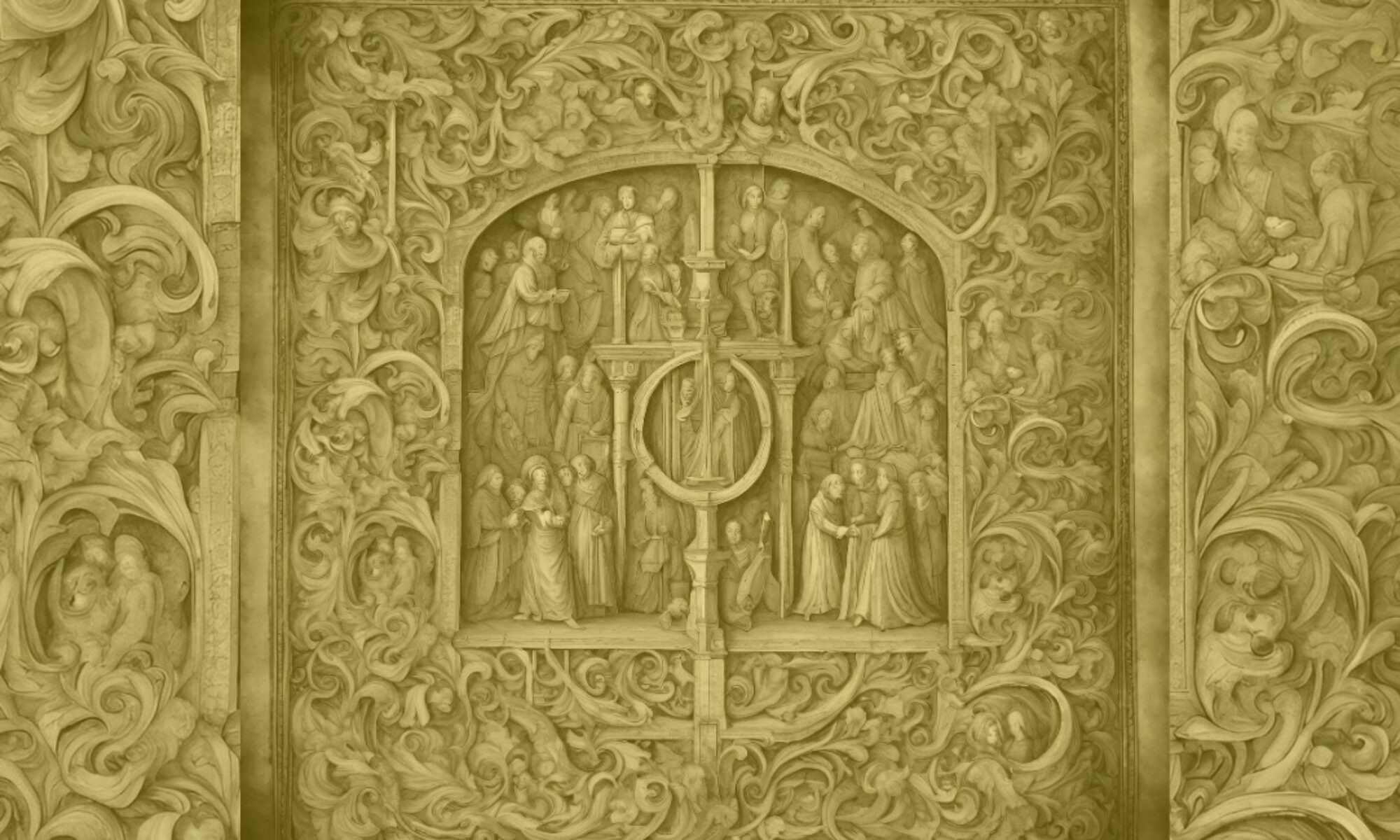Katie’s presentation is called “Embracing the Sacred Heart and Tasting the Ecstasy Within: Exploring the Spiritual Practices of the Beguines and Saint Lidwina of Schiedam”

The experience of desire, whether arising from physical sensuality or spiritual transcendence, finds its abode within the vessel of the heart. As articulated by Hadewijch of Brabant, a 13th-century Beguine from the Netherlands: “For love has no need for sadness, It shall know and understand all—Sweetness and cruelty, Joy and sorrow.” The Beguines, a community of laywomen in the Late Middle Ages in the Low Countries of Europe, defied societal norms by choosing neither marriage nor convent life. They fostered self-organization, engaged in active prayer, and devoted themselves to serving the world. Rejecting the established authority of the church, these women, grounded in a heart-centered spiritual practice, embodied a non-dualistic love for God.
Drawing upon the writings of female Beguine authors and the hagiographies of Lidwina of Schiedam, a lay Dutch mystic, this study delves into the spiritual practices of the heart that resonate within Christian mythology, exploring the transformative power of suffering’s initiation into the realm of ecstasy. Employing a feminist, depth psychological, and Buddhist lens, we examine these subversive mystical women as agents of a quasi-trauma therapy for the collective feminine, shedding light on their profound capacity to facilitate healing and growth.
About Katie
Katie Szymanski is a dedicated psychotherapist, scholar, artist, and CEO of the mental health company “The Couch.” She is a Ph.D. candidate in Mythological Studies and Depth Psychology at Pacifica Graduate Institute. Currently, she is working on her dissertation, a corrective history of Saint Lidwina of Schiedam, offering a feminist perspective that challenges traditional narratives and the male gaze found in exploitative hagiographies of female mystics. Through her therapeutic expertise, knowledge of mysticism, and artistic sensibilities, she explores the placement of humanity within the broader context of history, the psyche, and spirituality.









